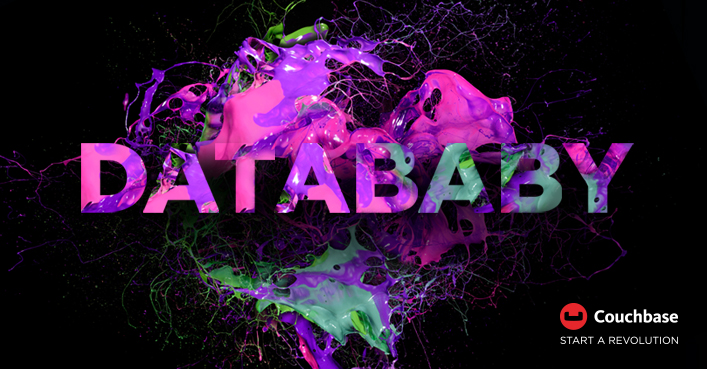
2018 was the year for Enterprise Security in the Valley and at Mortar.
Client after client gathered around the whiteboard to describe how Security was transforming their business.
Each time I was struck by the odd sense that something vital was missing.
Security dollars have been flooding the Valley for years as big business seeks to defend itself from attack and protect valuable customer data. Last year Gartner estimated the global cyber security industry would soon be worth over $96 billion. We have yet to see a similar estimate of the opportunity in user privacy.
The Security debate has come to emphasize the protection of big company data, and not protecting individual users and their personal data. It’s almost as if the Valley expects Google, Apple and Facebook to do that job for users. For free.
At least that was the prevailing view going into 2018. But, after 12 more months of large scale breaches at Equifax, Yahoo, Starwood Hotels, UnderArmor, T Mobile, Google. The Cambridge Analytica scandal shining a harsh light on how Facebook handles our private information. And Russian intervention in US elections. Congressional hearings on user privacy. Individual users exited 2018 with increasing anxiety about their ability to protect themselves online.
Looking back at those events today, it’s not hard to see that the privacy opportunity that had been simmering gently under the big waves of Security, was finally ready to burst forth and soak the toes of the Aware.
Now, just as Mark Zuckerberg was busy defending Facebook’s pillaging of modern user privacy to Congress, your pals at Mortar were well into an extensive study of modern privacy in support of the launch of a new app designed to help individual users seize control of their personal information. (You can access the Beta of the FigLeaf app we named and helped launch, here).
We are all exposed online: and we don’t like it.
Still, we—and every user we know—remain horribly exposed online.
Everything we do digitally is tracked, parsed, analyzed and has the potential to harm us. Nowhere is it safe. And once revealed, our personal internet history can be traded with abandon by unknown actors. Our personal information has become the currency in a bitter new cold war between Russia, North Korea, China and the NSA.
This is hardly news. Either to you or to savvy global internet users.
In fact, the pundits often reassure us that we have gladly traded this intrusion into our personal lives in return for the promise of discounts on chips and waffles.
The truth is a lot more complicated.
Our research revealed that savvy internet users have a much more nuanced view of online user privacy. Users want it when they want it—and although they are aware of the benefits of trading personal data for a better experience, users do want to control who has what and what others do with their private information.
The facts about our views of what we will accept in digital privacy are tantalizing. Our global survey of online user privacy revealed that most users were already very concerned about their privacy.
More importantly, a major portion of the audience that expressed concern (perhaps half) were already spending good money to paper across the privacy cracks they knew about. (It is not hard to get savvy users to acknowledge how helpless they feel attempting to stay private, online).
Savvy users are already spending significant money on anti-virus—which we are used to thinking of as security technology, but is well on the path to evolving into a version of personal privacy protection. Concerned users and workers also spend to hide their private and corporate surfing data with VPNs. (Many use the same technology to skirt the rules for streaming movies and music online).
Subscription-based password services like Dashlane (which exceeded 10 million users in June 2018), 1Password and LastPass are booming and adding privacy features like credit score alerts, identity theft insurance and Dark Web scanning. (The entire password management category is predicted to exceed $2.5 billion by 2025).
Another security play, Lifelock (which surpassed $500 million in revenue way back in 2015) is now part of $4bn Symantec’s anti-virus empire, and is widely thought of as one of the earliest privacy successes by the growing privacy community).
Legacy is playing in the privacy war too.
Even legacy business is paying attention. Credit reporting bureaus like TransUnion and Experian are bouncing back (after spilling everything they know about us onto the Dark Web) with new subscription models designed to help us monitor and stay on top of our credit histories and digital identities. Add to all that ad blocking software and regular browser cache cleansing (the Firefox browser too just added Dark Web scanning), and it’s pretty clear that personal data privacy is already a booming and growing market quite distinct from cyber security.
It’s also worth noting that most of the members of this growing crop of security and privacy tools is fairly reluctant to use the word Privacy to describe their products. And certainly no other apps exist today to challenge the breadth and power of our FigLeaf app. No doubt that will change soon as more businesses realize the potential of offering a more robust promise to protect personal privacy.
Brush up your resume
And if that’s true, all those juicy new privacy players will soon be on the look out for talent—much of which can pretty much only come from one place: the booming ranks of cyber security.
Here’s our prediction: Security is huge. Privacy will be even HUGER. Maybe it’s time to brush up your resume?






